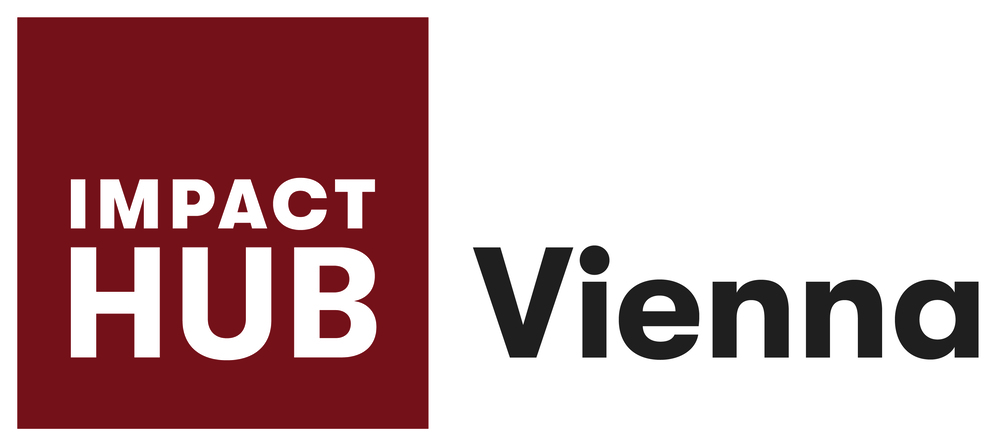Solving challenges through collaboration
The following Co-Creation Challenges have been submitted and are looking for your expert contribution - you can choose them after registration.
Please bear in mind that the places are highly limited and the final participants will be chosen and informed by the organizers - so make sure your b2match profile has all your expertise listed.
1) Tackling Climate Neutrality on a local level:
Challenge by: City of Vienna: MA20 (Municipial Department 20 - Energy Planning), MA18 (Municipal Department 18 - Urban development and Planning) and UIV (Urban Innovation Vienna)
Which technical, legal and creative-participatory solutions for Viennese neighbourhoods could contribute to reaching climate neutrality in 2040? Particular focus shall be placed on: mobility, renewable energy, circular construction and renovation.
2) Initiatives for Circular Economy at Vienna Airport
Challenge by: Vienna Airport
At Vienna AirportCity – where around 25,000 employees in 250 companies and 1,000 hotel guests per day form an urban environment – Vienna Airport wants to activate the power of companies to build up a dynamic circular economy. The established circulartiy does not only cover economic goods, it also includes services, energy and innovation.
- How can we activate people and companies of the Vienna AirportCity as a community in the sense of circular economy?
- What actions can Vienna Airport initiate and support to enhance circular economy at the airport?
- Which international examples / circular economy projects already exist at airports or for large office locations?
3) User Interaction and Smart Charging at Seestadt Aspern
Challenge by: Aspern Smart City Research
The goal of this challenge is o develop a concept for the information exchange between customers and the charging station to achieve the best combination of energy management and customer satisfaction. The charging station is capable of e.g.
- quick charging at max power
- PV electricity forecast (weather forecast)
- Grid forecast (based on Tageslastverläufe)
- Customer specific treatment (priority charging, slow charging, certain amount of kWh,…)
- Managing a local battery to optimize the usage of grid and PV electricity
but the charging station needs information from the customer to optimize these functions individually.
Questions:
- 1. Which information should be gathered from the customer and how to ask for the information without annoying the costumer?
- 2. How can the customer behavior be guided to help support our goals? (i.e. accept slow charging, remove car after planned charging duration, charging spot reservation, choosing high amount of renewable electricity,…) How to engage/involve interested customers in the topic of smart charging?
4) IoT Use Cases in mobility and energy
Challenge by: WienIT
The widely used term "Internet of Things (IoT)" covers a broad variety of applications of (information and communication) technologies that enable physical and virtual things to communicate and interact with one another.
With this challenge, we aim to get a wide understanding of the possibilities of these technologies in relation to the mobility and energy sector. The organizational and technical challenges should be considered; however, the functionality should also be taken into account.
Supporting partners



The “Fit for Future” project contributes to the development of applied research and innovation activities in Vienna, promoting cooperation and inspiring young people in Vienna to explore research and innovation. Further information can be found under the IGJ/ERDF funding programme.
























































